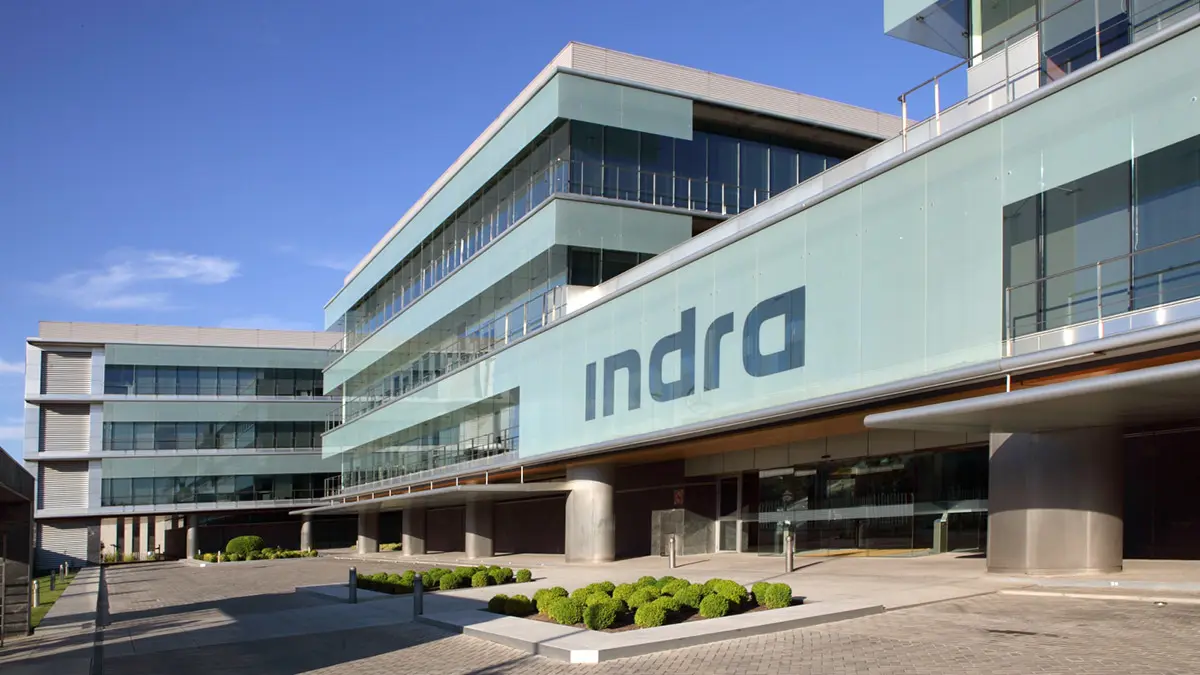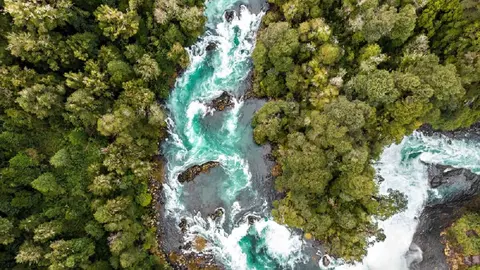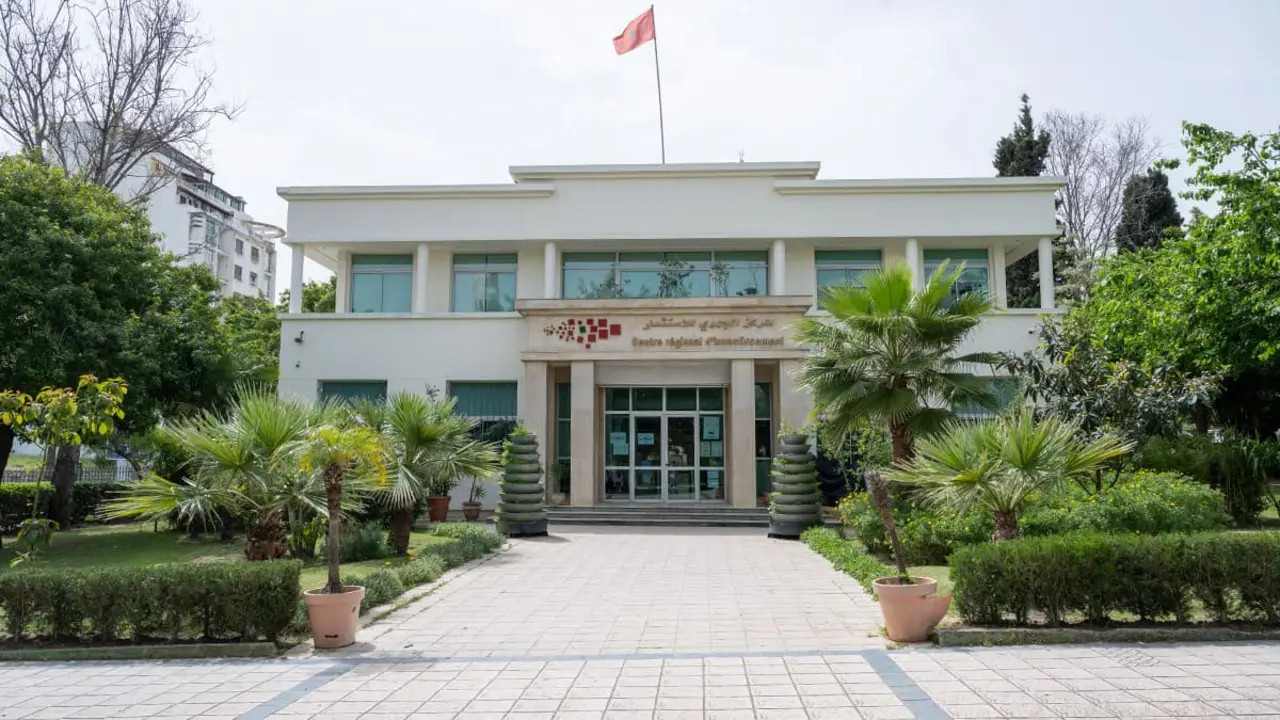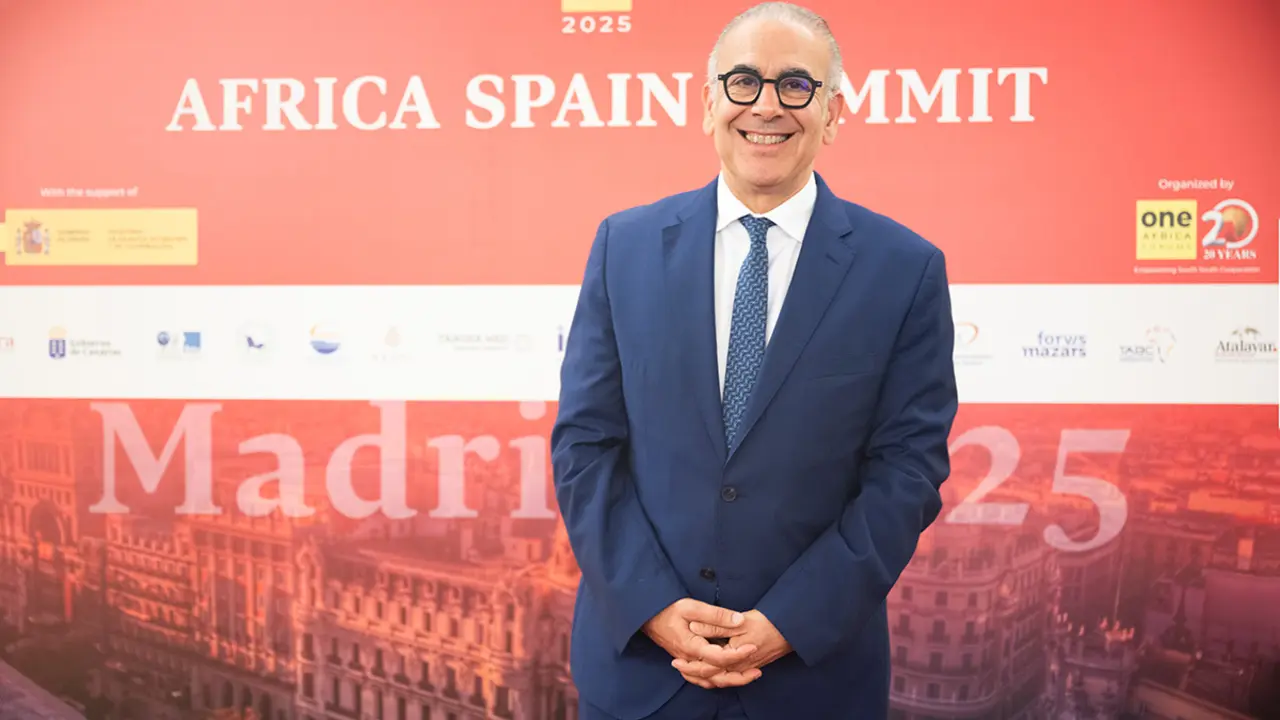Indra strengthens its risk management culture and renews ISO 31000 certification

Indra has renewed its ISO 31000 certification, granted by AENOR, which guarantees that it complies with best practices for optimal governance of any external or internal risk factor, including financial and sustainability risk management, related to environmental, social and governance (ESG) performance. This recognition extends to Minsait, as well as to all of the company's majority-owned companies around the world.
The ISO 31000 certification shows that Indra's Risk Control and Management System complies with the principles, processes and best practices in this area, that it effectively integrates risk management into the group's activities and that it is fully aligned with the company's new strategy, included in its Leading the Future plan, for its four businesses, one of the strong points recognised by AENOR in its audit.
In line with Indra's philosophy of continuous improvement, the company has also conducted, for the first time, a risk culture survey, endorsed by José Vicente de los Mozos, Indra's CEO, to assess and improve the risk awareness and culture of the organisation's professionals.
"Measuring risk culture is fundamental, as it allows us to detect dangers, overcome challenges, increase opportunities for success, foster a proactive attitude and optimise adjustment to the socio-economic context. Our model cannot be static, so we have adapted it to our new strategic plan Leading the Future and we need our professionals to be alert and warn of any new threats," De los Mozos stresses.
In the framework of the adaptation to the future legal requirements associated with the Corporate Sustainability Reporting Directive (CSRD) and the European Sustainability Reporting Standards, Indra has implemented in an excellent way, according to the audit, the risk analysis process to report sustainability information in a more exhaustive way, as well as to update, strengthen and unify the requirements related to the reporting of social, environmental and governance information. These aspects linked to sustainability are becoming increasingly important and currently account for one third of the risks identified by the company.
The involvement of the Global Risk Unit in different areas of Indra's governance, such as the development of the Strategic Plan or the adaptation of its model to the CSRD Directive, demonstrates the inclusive nature of its Risk Management Model.
The audit team also highlighted that Indra has integrated, with a high degree of compliance, its risk management model in the different geographies in which it operates, drawing up a risk map by country and involving different countries such as Italy, Colombia, Mexico and Brazil in the audit each year.
Indra's ultimate goal for excellent risk management is to identify and assess risks adequately in order to be able to implement measures sufficiently in advance to mitigate the likelihood of their occurrence and/or potential impact on business objectives.










